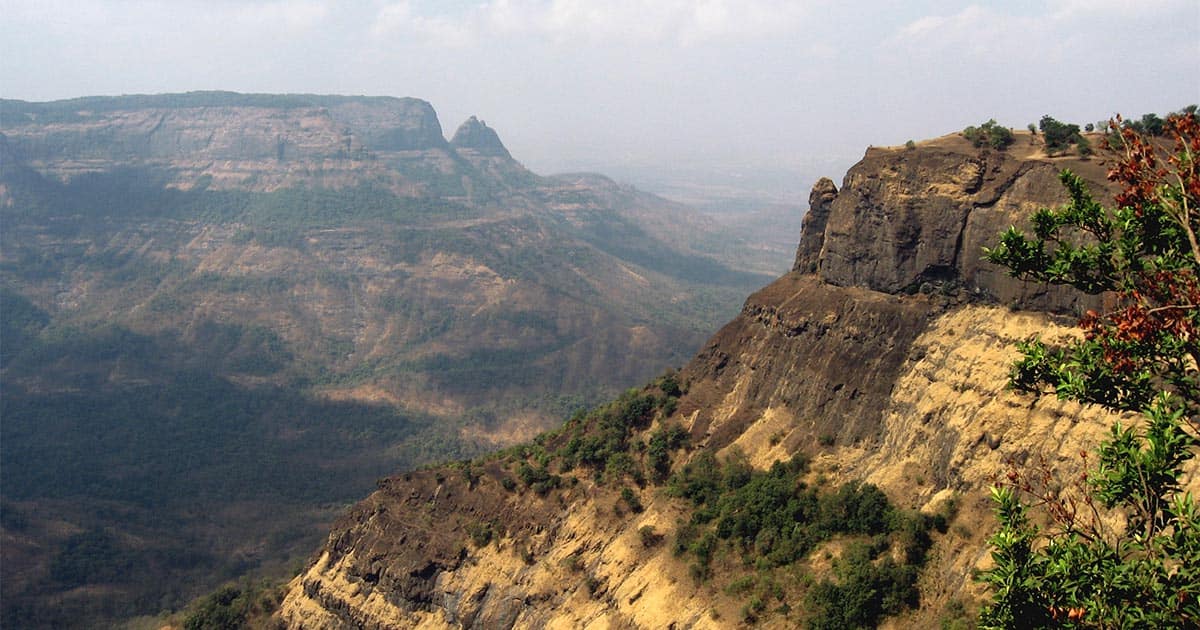Most of have heard about the big asteroid (6 miles long) that smacked the Earth 66 million years ago and created a nuclear winter that killed the dinosaurs. It’s pretty accepted, though it remains a theory. Well…maybe not. Professor Gerta Keller is leading the charge gathering mounting evidence that the timeline doesn’t match up. According to her, the Chicxulub asteroid hit 200,000 years before the extinction event that killed the dinosaurs. And what she thinks did it is the same thing blamed for other extinction events, massive volcano eruptions that lasted—in this case—60,000 years. There in a part of India called the Deccan Traps today, though we don’t know what the dinosaurs called them. Those eruptions do line up with the extinction event nicely. Apparently, all this evidence is causing quite the hubbub in academia, and The Atlantic has a very long and detailed story about the whole thing. It’s fascinating. The image included is from the Deccan Traps.
Check It Out: So, It Might Not Have Been an Asteroid that Killed the Dinosaurs

And the pendulum goes back and fourth. When I was in college the Deccan Traps were the leading candidate for why the dinosaurs disappeared. Then Alverez came in with his meteor theory. Lots of opposition. But evidence grew, Iridium, tsunami deposits, Then when they found the crater that was it, it was cinched up. Now it looks like the timing isn’t as solid as they thought. A couple of thoughts:
1: The dinosaurs did not die out. Birds are dinosaurs. Only the BIG ones did and big ones are more sensitive to environmental changes.
2: I have always thought that there was no ONE thing that killed them off. There were the Deccan Trapps. There was a meteor impact. There was a climate shift. There were a lot of things including a general decline in Dinosaur diversity just before the K/T boundary. A couple of years ago I read an article in PLoS (I think) that suggested that the large dinosaurs mostly had a timing problem. If the impact had been even a million years earlier or later they would not have been so vulnerable.